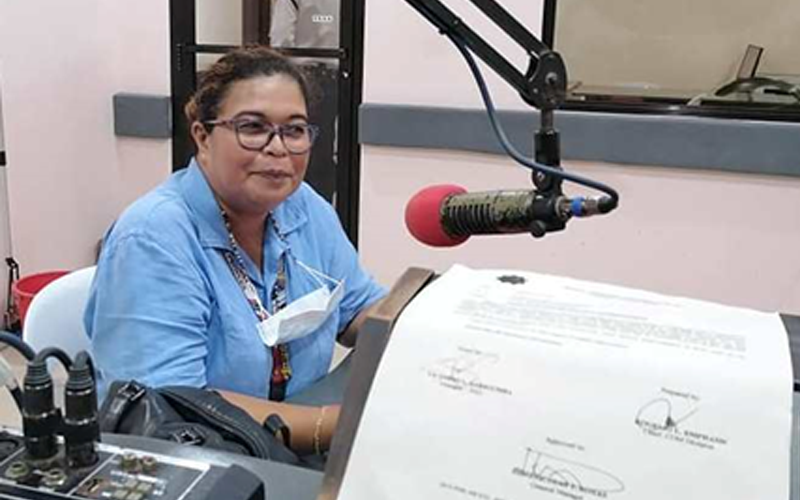
SINCE 2019, the National Commission on Indigenous Peoples (NCIP) has advised people, especially those in indigenous cultural communities (ICCs) to be wary of groups claiming to be, but are not in any way connected or recognized as indigenous people (IP).
They may, according to the NCIP, use the name of the government agency, without any authority.
In an advisory dated August 8, 2019, the NCIP Regions 6 and 7 advised indigenous communities and the public that Sugbuanon Cebu Lapulapu Mandaue Sectoral Tribal Council (SUGSELAMANSTRICO), Supreme Council of Datus Alimaong (SCODA), Lapulapu Maharlikan Tribe, United Ati Tumindok Kalibugan Tribe, Lumad KKK Alimaong Higaonon Tribe and Royal Maharlika Tribes 1 Nation are not in any way, connected with the NCIP Regions 6 and 7, and are not among the validated and recognized indigenous cultural communities.
The advisory was signed by NCIP 6 and 7 Regional Director Ana N. Burgos.
Last week, in Memorandum Order No 724, NCIP Chairperson and retired general Allen A. Capuyan issued yet another advisory in response to reports of an IP convention set August 12-14 in Bohol.
The NCIP Chair stated that they received queries concerning the IP Convention 2022 to be held on August 12, at Sitio Pondokan, Anonang Buenavista, Bohol.
The chair also claimed that invitations to the said event were sent to various government officials and other stakeholders, allegedly by Luzon convenor Captain Rey Valeros Jr., Visayas convenor Papa Romeo A. Melecio and Mindanao convenor Datu Allan Sumandang.
The convenors claimed to belong to the Institute for Customary Law (ICL) and the International Special Court of Arbitration and Human Rights (ISCAHR), but upon verification by the commission, there is no such thing as Philippine-based ICL and is not really affiliated with the ICL, and their activity is not in any way sanctioned by the ISCAHR.
Subsequent monitoring by the local authorities bared that indeed, there transpired in the said venue the event and those who were in it were noted members of the above-mentioned groups, dis-avowed by the NCIP.
“This so called ICL has the right to assemble as guaranteed by the 1987 Philippine Constitution, but they said that they are not aware of any IP leaders who have initiated the conduct of the same activity of this nature,” NCIP Chairman Capuyan, who also chairs the government Task Force on Ending Local Communist Armed Conflict (TF ELCAC).
Moreover, retired general Capuyan said the institutions mentioned are not in existence, except for the ISCAHR, which also listed all its affiliated partners, and did not mention the ICL.
Capuyan, in his latest commission memorandum directed NCIP Regional Directors, Provincial Officers and IP Community Service Heads to advise indigenous cultural communities and IPs in their respective areas of jurisdiction to be cautious in participation in the activity or engaging with the ICL to avoid giving semblance of regularity to the activity or legitimacy to the organization to the damage and prejudice of the ICCs and IPs.
During the recent Kapihan sa PIA aired over DyTR AM, NCIP Bohol Officer In Charge Emmilou Gonzaga said there only three NCIP-recognized indigenous communities here.
She named the local tribes of the Eskaya (in Taytay Duero, Biabas Guindulman, Cantaub Sierra Bullones and Lundag in Pilar as well as in those spilling in nearby barangays after marriage), the Ati who resettled here from Ilo-ilo and Aklan and are now settling in Calvario, Loay and the Badjao communities in Totolan Dauis.
She also said those who claimed to be IPs cannot be proven by IDs, or any other government registering agencies other than the NCIP.
She also claimed that the IPS do not collect registrations for membership and would rather prove their indigenous roots through blood relations. (rahc/PIA-7/Bohol)

